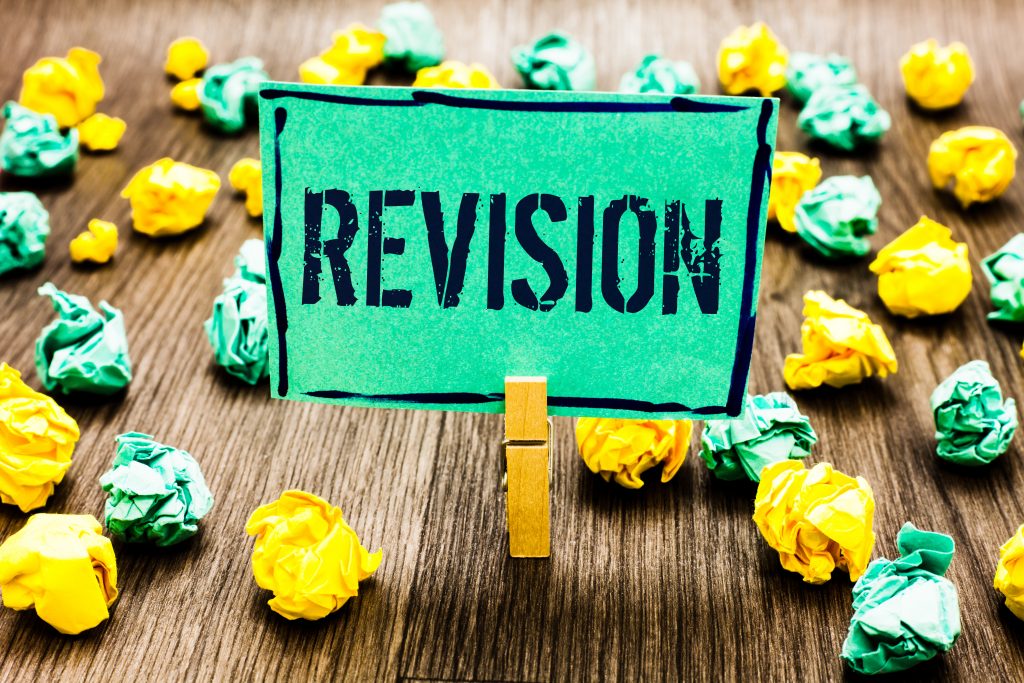Tips for Revision and Wellbeing in the Pandemic

Exam time is a challenging and stressful period for students whether taking their GCSEs, A Levels, university exams or more besides. Whilst it seems as if both people and nature begin to emerge from the long nights and freezing mornings of the winter months as spring approaches, for students the improvement in the weather signals the arrival of another, less welcome season with exams looming.
To add to the normal worries accompanying approaching examinations comes the unprecedented difficulties faced by the exam cohorts of 2020 and 2021. The added unpredictability of all aspects of life during the coronavirus pandemic can make the already highly stressful notion of assessments seem even more daunting. In the United States, a study by the National Institutes of Health found that 71% of students surveyed indicated increased levels of stress and anxiety due to the coronavirus pandemic. More specifically to studying, the main task at hand for students at this time of year, 89% of students reported increased difficulty concentrating due to the situation with COVID-19, 86% reported disruption to sleeping patterns and 82% were more concerned with their academic performance. In the UK, mental health charity Mind reported that nearly three quarters of students said that their mental health declined during lockdown. Importantly, make sure to seek help from a trusted person or mental health professional if you are struggling with your mental health.
Especially pertinent in this time is the unpredictability of the examination system. In previous years, a new course from the exam board could result in no past papers being available for revision, leaving students more uncertain as to what questions might come up. This year, however, with teacher assessment replacing formal exams, studying techniques have had to adjust even further. Rather than prepare for one exam at the end of the year, students now must be on their game throughout the term to enable their teachers to assign them the best grades they can. Such a situation puts on additional pressure and for students, pulling it out the bag at the last moment is less of an option!
Whilst little can be done on an individual level to change the wider circumstances in which we find ourselves, focussing on our own wellbeing can be a productive way of reducing the stress and anxiety which typically arise as exams or assessments approach, and have been heightened by the pandemic. Below are some tips for managing both your revision and your wellbeing across the term:
1. Stick to a schedule. Pay attention to when in the day you work best and try to structure your day so that you can be most productive at those times. Whether you are an early riser or a night owl, this can have a big impact on when you can most easily focus but getting into a healthy routine with 8 hours sleep a night is also essential.
2. Try to exercise daily. One positive result of the pandemic for some was increasing the appeal of an outdoor activity such as a daily walk or another form of outdoor exercise as it was one of the only ways to leave the house during lockdown! Whilst lockdown is coming to an end, still try and take some time every day to stretch your legs and get some fresh air. Sometimes students feel they are wasting time by taking a break between study sessions. Yet, the time taken to destress can be as important. Get some fresh air, meet up with a friend, bake cookies – whatever relaxes you.
3. Break down your revision into smaller chunks you can tick-off easily. Revising for an entire GCSE, for example, can feel an enormous task with too much content to cover. Divide up the curriculum into bitesize chunks and create a schedule for the next few days or a week. This enables you to feel you are accomplishing more each day which improves morale and eases stress that you may not be making enough of a dent in revising the entire curriculum.
4. Essay practice. It can be tempting to keep revising content for as long as you can, but often students can neglect what is an essential part of the preparation process for the humanities – essay technique. Assessors, whether they are teachers or examiners, like to see your ideas presented clearly, concisely, and in the appropriate structure. It is all well and good knowing your stuff, but that is most useful when you communicate it in the right way. Make sure to take the time to practice your essay technique to maximise your chances of obtaining the highest marks. Practicing exams at home will also make you feel more confident and relaxed once you are taking an assessment at school as it will feel more familiar.
Raphael is an English, History, and Politics tutor with Newman Tuition (as well as being one of our former students). To book a lesson with him, or one of our other excellent tutors, please call us on 020 3198 8006, email us at he***@**************co.uk, or complete the form on the ‘Contact Us’ page.